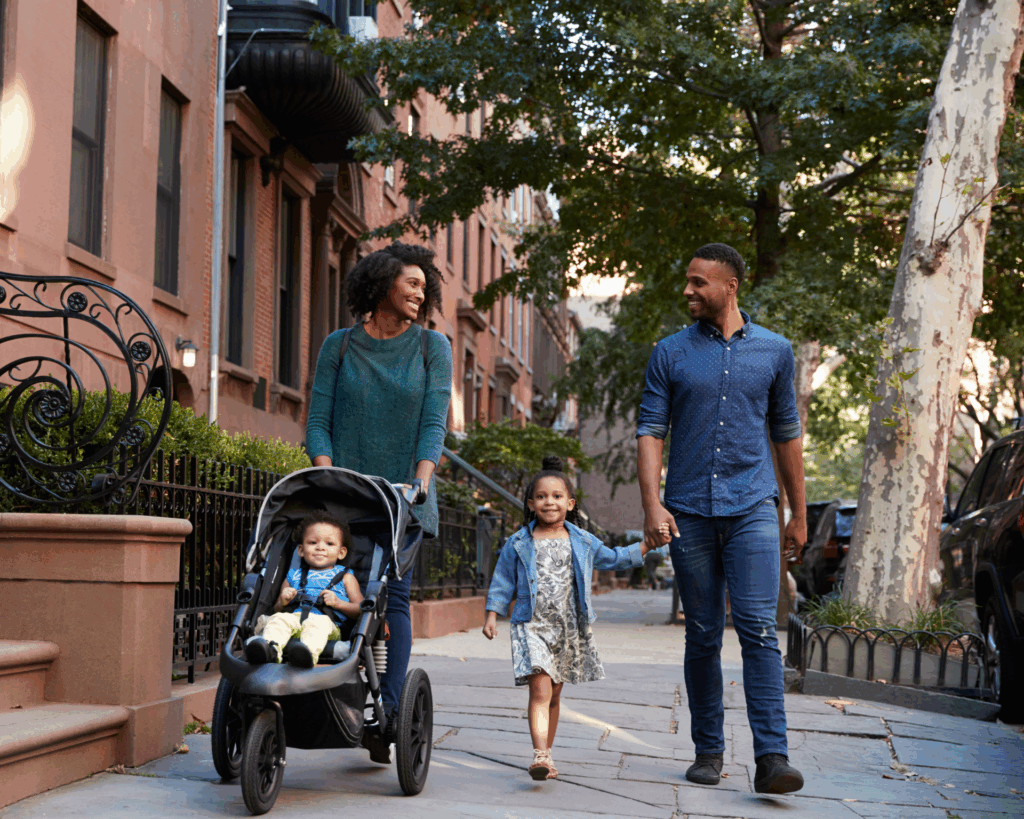Social Capital and Natural Disasters
Social capital can improve mental health after disaster strikes. Strong social networks helped the elderly cope with housing damage in the 2011 earthquake and tsunami in Japan, per research in the Lancet.

Read Time: 2 minutes
Published:
After the 2011 Great East Japan Earthquake and Tsunami, displaced elderly people from Fukushima and the surrounding area were evacuated to temporary housing units in Minamiyanome. The Red Cross chapter in Fukushima regularly organized activities for the residents of the Minamiyanome, such as folk music and flower arranging. One resident, Mrs. Yomoko Iizawa noted that “Red Cross events like this one mean a lot to all of [the residents], and it is comforting to know that there are people who care about us.”
A body of research shows that elderly adults experiencing a disaster, particularly housing damage, are at increased risk of cognitive decline. A study by Dr. Hiroyuki Hikichi, et. al. sought to determine whether social capital could be a protective factor against cognitive decline in the event of a disaster. Social capital defined within the context of the study is divided into two crucial components: cognitive and structural. The cognitive component of social capital is how people perceive social relations in their community. The structural component involves how people engage in social interaction.
The Great East Japan Earthquake and Tsunami damaged 5,542 houses in Iwanuma City (depicted above) and flooded 48% of the city. A survey of older community-dwelling adults from Iwanuma was taken before and after the disaster using the Japan Gerontological Evaluation Study (JAGES) which had already conducted a nationwide survey of elderly populations living in communities to assess both components of social capital and cognitive decline. The study found that improved socializing and social participation, or structural social capital, was important to diminish the risk of cognitive decline due to housing damage.
In other words, social capital seems to be a protective factor post-disaster. It allows those affected by the disaster to lean on each for support, better vocalize their needs, form social solidarity that speeds up recovery of a community, and prevent social isolation. The researchers concluded that in the wake of disaster, there should be an effort made to facilitate “civic participation…to promote cognitive resilience of older survivors.”
Databyte via Hiroyuki Hikichi et al., Social Capital and Cognitive Decline in the Aftermath of a Natural Disaster: a Natural Experiment from the 2011 Great East Japan Earthquake and Tsunami. The Lancet Planetary Health.



